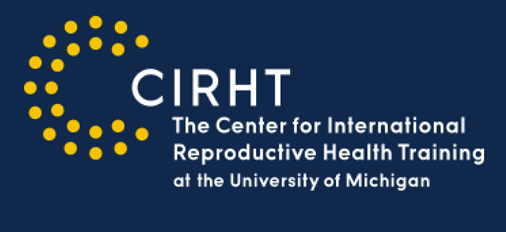Speaker
Description
Abstract:
The impact of education on knowledge and attitudes regarding abortion among Ugandan adolescents.
Name: Bukenya Jonathan
work place: Uganda cancer institute.
Background
Adolescents in Uganda face significant challenges related to reproductive health, with limited access to accurate information about abortion. Education plays a critical role in shaping adolescents' knowledge and attitudes towards abortion, yet there is limited research on how educational interventions can influence these perspectives in Uganda. This study aims to assess the impact of education on the knowledge and attitudes regarding abortion among Ugandan adolescents, with a focus on the role of school-based sexual and reproductive health education.
Methods
A cross-sectional survey was conducted with 500 adolescents aged 15–19 years from various schools in Kampala and surrounding districts. Participants were selected using stratified random sampling to ensure representation from urban and rural areas. The survey included a structured questionnaire that assessed participants' knowledge of abortion laws, procedures, and safety, as well as their attitudes towards abortion in different contexts (e.g., maternal health, teenage pregnancy). Data were analyzed using descriptive statistics and chi-square tests to determine the association between education level and knowledge/attitudes toward abortion.
Results
Preliminary results indicate that adolescents who received formal sexual and reproductive health education in school demonstrated higher levels of knowledge regarding the medical and legal aspects of abortion compared to those without such education. A significant difference (p < 0.05) was observed in attitudes towards abortion, with educated adolescents showing more progressive views regarding abortion in cases of maternal health complications or rape. However, a substantial portion of adolescents, even among the educated group, held conservative views regarding elective abortions and teenage pregnancy.
Conclusions
This study highlights the positive impact of school-based sexual and reproductive health education on adolescents' knowledge and attitudes toward abortion in Uganda. The findings suggest that while education improves knowledge and fosters more progressive attitudes on certain aspects of abortion, there remains a need for comprehensive education that addresses cultural and social barriers to open discussions on reproductive health. Policy recommendations include expanding and strengthening sexual and reproductive health education programs in Ugandan schools to ensure adolescents have accurate, unbiased information to make informed decisions about reproductive health.


